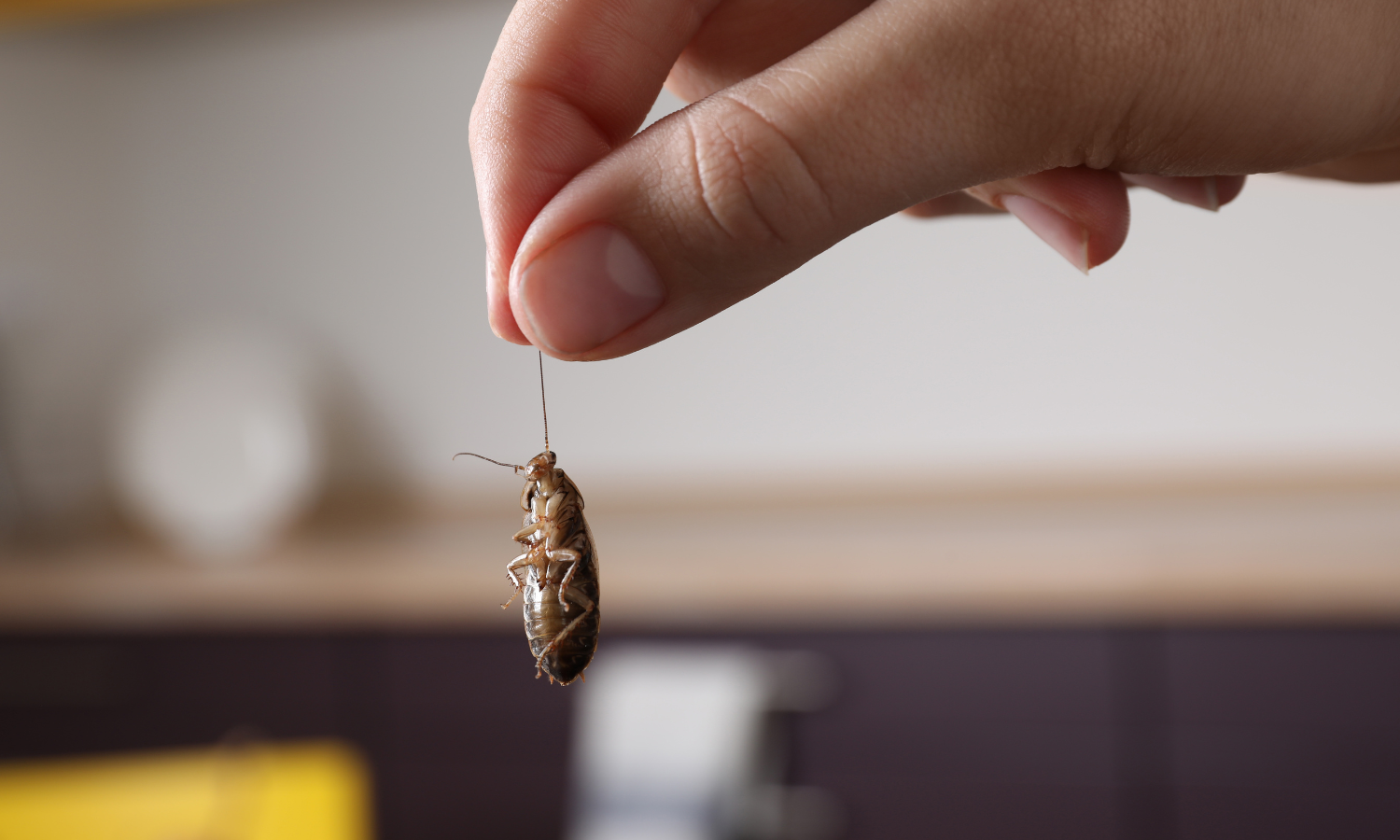Insects are smarter than you think. They may not possess the cognitive ability that you or I display, but they certainly have intelligent behavior. Have you ever heard of a malnourished ant, a jealous bee, or a grief-stricken cockroach?
Insects plan. They follow through on their directives. They know how to navigate long distances, source food, avoid predators, parent, display courtship, and communicate. They’re even known for their ability to develop resistance to insecticides. Currently, there are insects that are resistant to every synthetic chemical insecticide used.
First, let’s define insecticide and pesticide: While insecticides are a type of pesticide that specifically target and kill insects, pesticides are chemicals that are used to kill insects (among many other things). These chemicals work by ingestion or touch.
How insects become resistant to pesticides
As an example, let’s look at the German cockroach, a notoriously resistant other-world creature of dire concern for a plethora of reasons. This insect is sprayed with an arsenal of synthetic pesticides, some of which it has already been exposed to. Initially, there are a few cockroaches that don’t perish. Apparently, these few have the perfect winning genetic pool for resistance (which is rare). These winning cockroaches each go on to produce six generations of offspring, which is anywhere from 200 to 300 baby German cockroaches. Many of these little ones are passed the torch of resistance and will survive and repopulate the earth if the same insecticide, with the same mode of action, is repeatedly used against this population. Too, they now possess behavior resistance, having learned (from the genetic pool of their mama) to avoid these pesticides. Ultimately, your bug-be-done spray is no longer effective. Cockroaches are seemingly invincible, their insecticide resistance increasing four-fold to six-fold in just one generation.
In addition, once a roach survives an initial strain of insecticide, these little infestation-lovers become better equipped to resist multiple varieties of insecticides to which they had not been previously exposed. It’s time to be on your guard.
How pesticides affect our environment

Regrettably, my unfortunate tale doesn’t stop there. In addition to pesticides not being as effective as they once were, many of them remain in the soil and bodies of the animals that were targeted. If other animals, like a white-tailed deer or an osprey, feed on these sprayed insects (ex: cockroach, an ant, or a moth) or lap from pools of water where these pesticides were present, they now suffer from bioaccumulation, or the buildup of toxins in their tissues where their rate of intake exceeds their rate of excretion. This bioaccumulation can affect the nervous, immune, and reproductive systems of these animals, causing birth defects in their young or the complete failure to reproduce.
How pesticides are harmful for you
Pesticide use is increasing, as resistance to insecticides is a widespread and urgent problem. This increase has its consequences. Rachel Carso, in her book Silent Springs, cautions our world against the excessive use of pesticides. She writes, "A Who’s Who of pesticides is therefore of concern to us all. If we are going to live so intimately with these chemicals, eating and drinking them, taking them into the very marrow of our bones—we had better know something about their nature and their power."
A pesticide’s health effects depend on the type of pesticide. Some can affect the nervous system. Others may irritate the skin or eyes. Some pesticides may be carcinogens.
How Dr. Killigan’s can help

At Dr. Killigan’s, we value our environment. We value the well-being of every person on this planet. That’s why our products are all poison-free, toxin-free, and safe to be used around your family and your pets.
Use Dr. Killigan’s Insect Buster, filled with Dust to Dust Non-Toxic Insect Powder, to rid your home of bacteria-filled cockroaches, invading ants, stinging wasps, and other pesky miscreants. Unlike many chemical products, bugs will never become resistant to diatomaceous earth.
Apply Dr. Killigan’s Six Feet Under, a kill-on-contact spray, to all six-legged culprits to keep them pushing daisies. Two of Six Feet Under’s active ingredients are cinnamon oil and clove oil. Essential oils are healthier and less toxic than synthetic fertilizers, pesticides, and GMOs.
Place Dr. Killigan’s Pantry Moth Traps in your pantry to eliminate common pantry moths for good. The sticky pheromone strip contains no pyrethrins or other harsh ingredients.
Visit Dr. Killigan's shop for all of our non-toxic pest control solutions.










